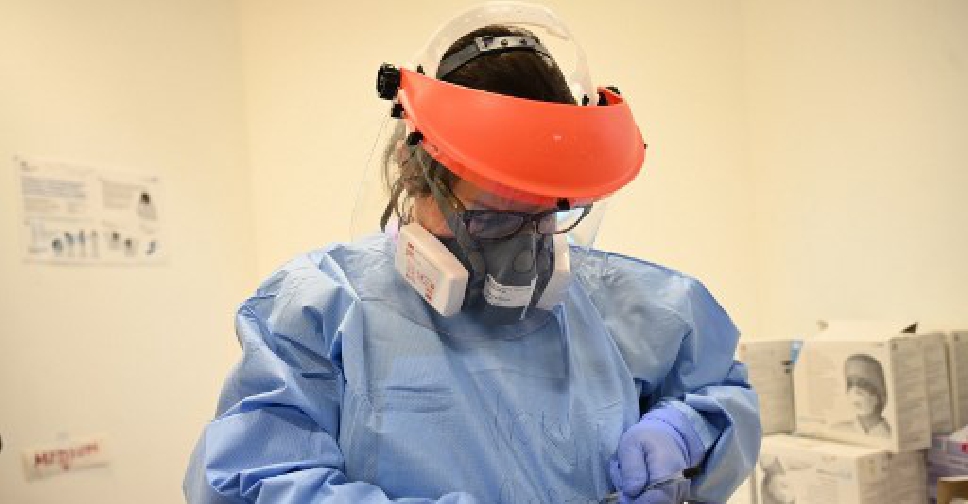
Hospitals in England risk being overwhelmed if lawmakers do not support the government's new plan for restrictions, Cabinet Office minister Michael Gove said on Saturday.
More than 20 million people across large swathes of England will be forced to live under the toughest category of COVID-19 restrictions when a national lockdown ends on Dec. 2. Lawmakers are due to vote on the restrictions the day before.
But a growing number of lawmakers in Prime Minister Boris Johnson's Conservative party have voiced opposition to the tiered restrictions plan.
Some argue that the areas they represent have low infection rates but the toughest rules, while others say the new measures will cause unnecessary economic harm to local businesses.
Defending the government's plans in an article in The Times newspaper, Gove said "difficult decisions" were necessary to confront the crisis.
The virus "is no respecter of constituency boundaries and the hardships we are facing now are unfortunately necessary to protect every single one of us, no matter where we live," he wrote.
The level of infection across the country remained "uncomfortably and threateningly high," Gove said, noting that the number of hospital beds filled with infected patients was not far from its peak earlier in the year.
He said that from the current high base, the National Health Service would be under severe threat if infections started to rise again, and tougher measures were needed to manage the virus when the current lockdown ends.
"These new tiers, alongside the wider deployment of mass testing, have the capacity to prevent our NHS being overwhelmed until vaccines arrive," Gove said.

 UK inquiry finds 'chilling' cover-up of infected blood scandal
UK inquiry finds 'chilling' cover-up of infected blood scandal
 Iranian President Raisi killed in helicopter accident, state media says
Iranian President Raisi killed in helicopter accident, state media says
 ICC prosecutor seeks arrest warrants for Israeli, Hamas leaders
ICC prosecutor seeks arrest warrants for Israeli, Hamas leaders
 Assange given permission to appeal against US extradition
Assange given permission to appeal against US extradition
 Israel intends to broaden Rafah sweep, Defence Minister tells US
Israel intends to broaden Rafah sweep, Defence Minister tells US




